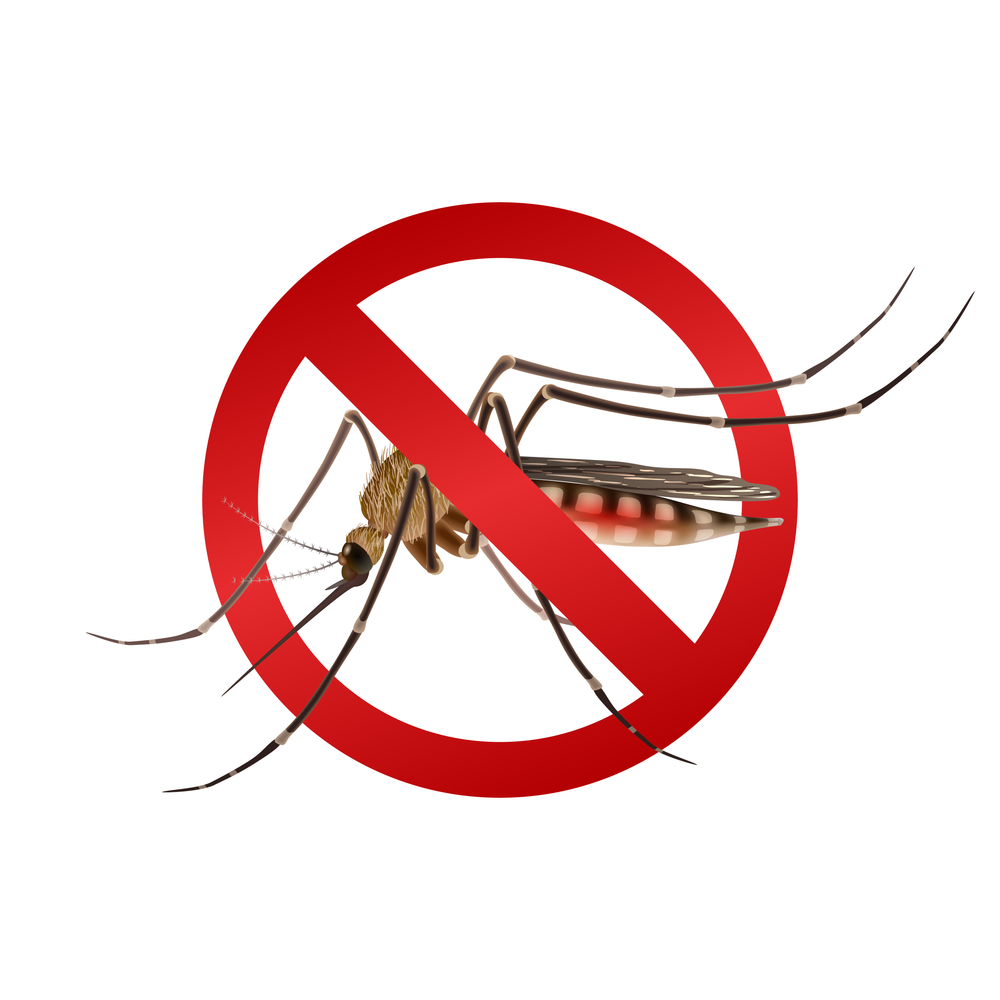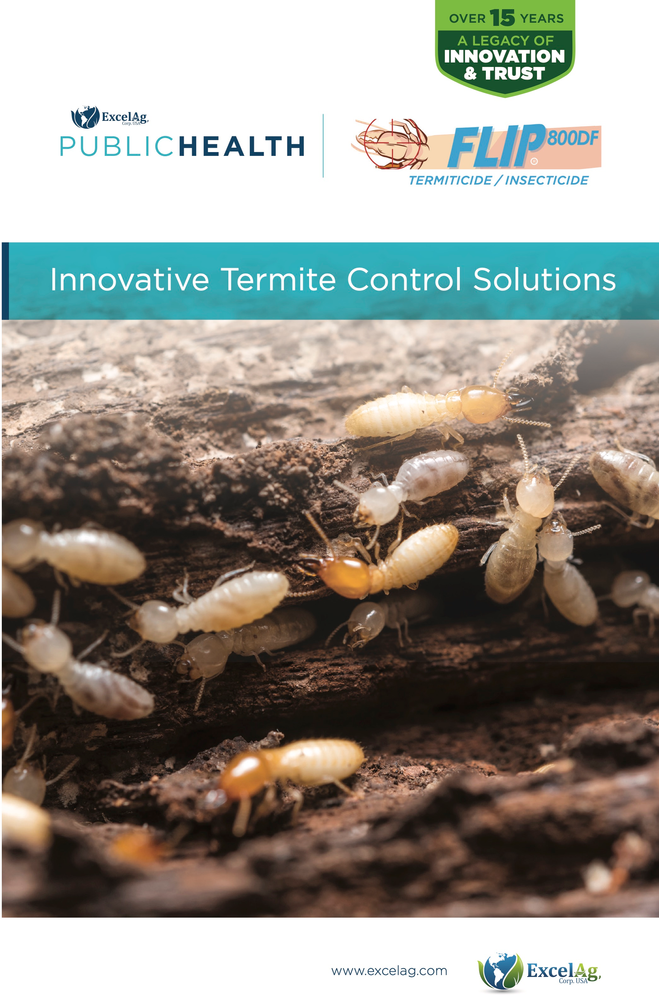Author: Shawn Kirk – Medical Laboratory Superintendent, National Contact Point for Biological Weapons Convention. National Focal Point for Biosafety and Biosecurity, Insect Vector Control Division, Ministry of Health, Trinidad.
In the midst of this COVID-19 pandemic we are mindful that other public health threats still exist. Mosquito borne diseases such as Dengue, Chikungunya, Zika, and Malaria, have placed an additional burden on our National Health Care systems and negatively impact social and economic development. As individuals and communities, we each have a role to play in preventing an upsurge of mosquito borne diseases.

During 2019, the Caribbean Region experienced another outbreak of Dengue, with many countries reporting an increase in the number of severe and hospitalised cases. While we have not seen a resurgence of Chikungunya or Zika within the last few years, countries in South and Central America did report outbreaks of Chikungunya in 2019 and early 2020, therefore, Trinidad must remain vigilant. In times of COVID ‘Let’s Unite to Fight the Bite!’, placing emphasis on taking preventative measures and remaining healthy during this time.
As the rainy season starts, it is expected that greater rainfall will lead to a proliferation of mosquito breeding sites, build vector populations, and increase the risk of transmission of diseases such as Dengue. To counter this increase in mosquitoes and potential disease transmission, greater effort should be placed on mosquito awareness in communities and pest control activities should be intensified.
One of our greatest concerns is the likely shift of attention and resources from disease control programmes like malaria amid the coronavirus pandemic. Since zero malaria starts with each one of us, we must keep up the malaria fight through this cloud of COVID-19.
Prevention of malaria here in Trinidad and Tobago is currently based on complementary methods, including chemoprophylaxis and protection against mosquito bites. Malaria chemoprophylaxis is only for travellers to malaria endemic countries.
Public Education and Outreach
Personal protection measures against mosquito bites because of the nocturnal feeding habits of most Anopheles mosquitoes – malaria transmission primarily occurs at night. Protection against bites includes the use of mosquito nets (Preferably Insecticide-treated Nets (ITN)). Other protection mechanisms include wearing clothes that cover most of the body and use of insect repellent on exposed skin.
Mosquito control/vector control measures are focused on the reduction of contact between mosquitoes and humans; the destruction of larvae by environmental management and the use of larvicides; and destruction of adult mosquitoes by indoor residual spraying and insecticide treated bed nets.
Mosquito Surveillance- Geographic Infrastructure System (G.I.S.)
Surveillance of mosquito-borne diseases is closely connected to surveillance of their competent vectors. While geographical presence of the mosquito species – a vector for the disease, does not necessarily result in transmission of the disease, it is the basic requirement for disease transmission to occur. It analyses spatial location and organises layers of information into visualisations using maps.
Diagnostics- Laboratory
New and improved diagnostics are essential for the effective control of malaria. Currently, the most reliable technique used by us for diagnosing malaria is relying on highly trained technicians using microscopes to analyse blood smears. Rapid Diagnostic Testing has just been introduced to aid in screening patients for possible treatment.
The Pest Management Association of Trinidad and Tobago, as a professional unit, has positioned itself to help preserve the quality of life we have today. As an essential service, they will continue to do their part to protect the nation’s food supply – through homes and businesses, from pest-related property threats, and protect each family and loved ones from pest specific public-health threats.

Distributed by Oscar Francois Limited.
Click here to view full brochure.




0 Comments